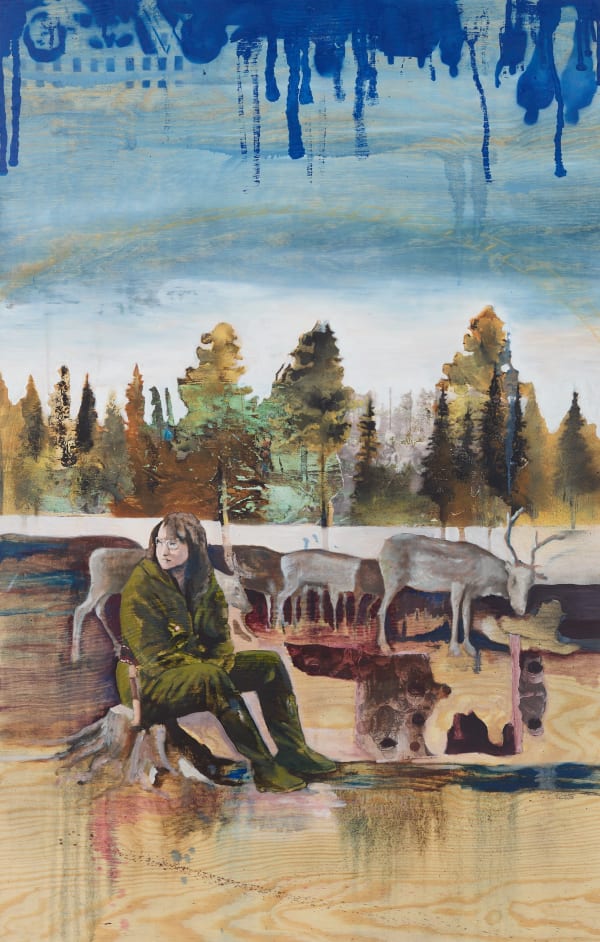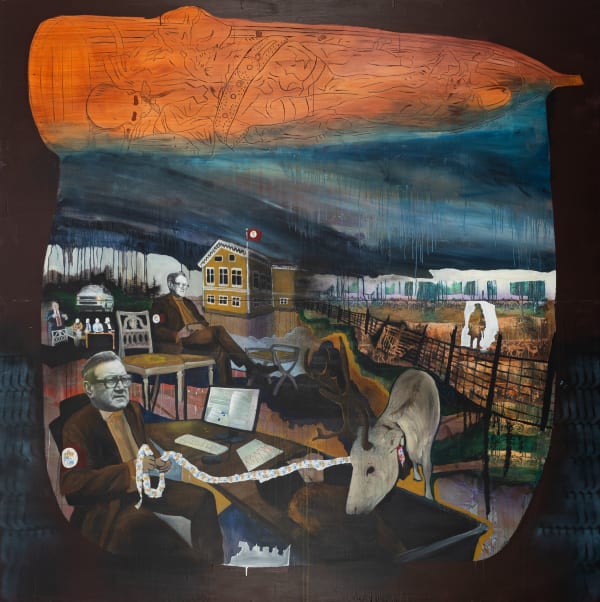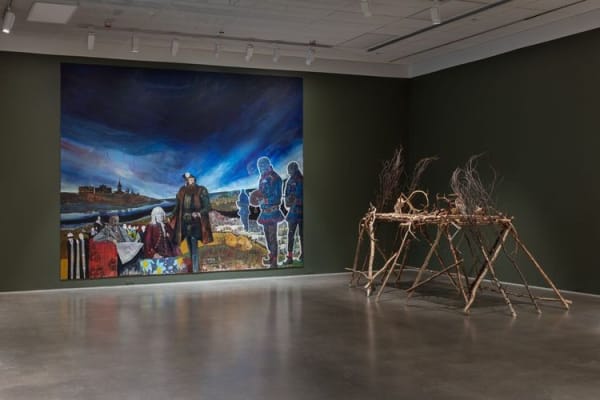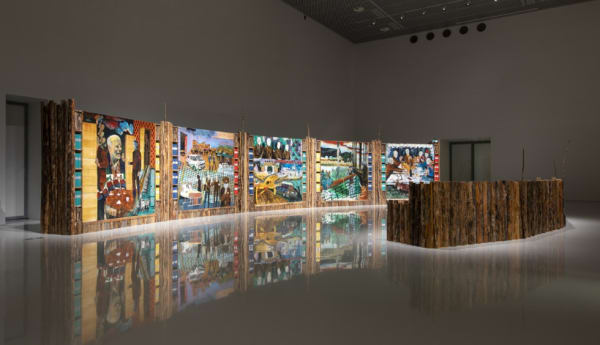Anders Sunna Sápmi, Sweden, b. 1985
Anders Sunna is a member of the Indigenous Sámi peoples who live in and care for the region of Sápmi, which today encompasses large northern parts of Norway, Sweden, Finland and the Kola Peninsula, Russia.
Sunna’s work chronicles the ongoing persecution of the Sámi people by the Swedish authorities and his family’s struggle for the right to practice reindeer husbandry following the Swedish Government’s introduction of the 1971 Reindeer Act. Subsequently declared illegal but written into the constitution, this Act forced the Sámi people to adhere to state regulations regarding reindeer herding and culling and to herd reindeer on behalf of Swedish property owners without compensation. Sunna’s family immediately resisted this affront to their cultural heritage and the substantial financial fallout, igniting a conflict with the authorities and other Sámi that continues to this day. In a double betrayal, Sunna and many other Sámi fighting for justice feel the Sámi Parliament – politically subordinate to the Swedish state – has done little to protect them.
For Sunna, art is integral to Sámi life, a universal language he uses as a “weapon in the political struggle” and a powerful agent for change. Considered a forerunner of the new wave of politically engaged Sámi artists, Sunna paints brutal scenes of colonial violence: land and resource theft, police harassment and environmental destruction, forcing the political perpetrators in faraway offices into the public eye.
Sunna was one of three artists included in The Sámi Pavilion at the Venice Biennale in 2022. The resulting work Illegal Spirits of Sápmi was subsequently acquired for the Moderna Museet, Stockholm’s permanent collection. His work is also included in the collections of Tate, London, UK; the Världskultur Museet, Gothenburg, Sweden, the National Museum, Oslo, Norway, Västerås Konsthall, Sweden and the Sami Art Collection, RiddoDuottarMuseat, Karasjok, Norway. Solo shows have been held at Nitja Senter for Samtidskunst, Lillestrøm, Norway (2024) and Kulturens hus, Luleå, Sweden (2025).
-

Winter Salon Show
27 Nov 2025 - 30 Jan 2026Larkin Durey is delighted to present an exhibition bringing together nine artists whose work explores painting and drawing as an act of storytelling, with the figure a common motif. Whether...Read more -

Anders Sunna: Vuoiggalašvuohtta Vuovddis
12 Sep - 3 Oct 2025Larkin Durey is delighted to present an exhibition of new work by Anders Sunna, the artist’s second solo show with the gallery. Sunna’s work bears witness to the history of...Read more -

Anders Sunna: The Drumbeat of Noaidi
9 Oct - 1 Nov 2024Larkin Durey is delighted to present an exhibition of new work by Anders Sunna. This is the artist’s first solo show in the UK. “When you grow up with a...Read more
-
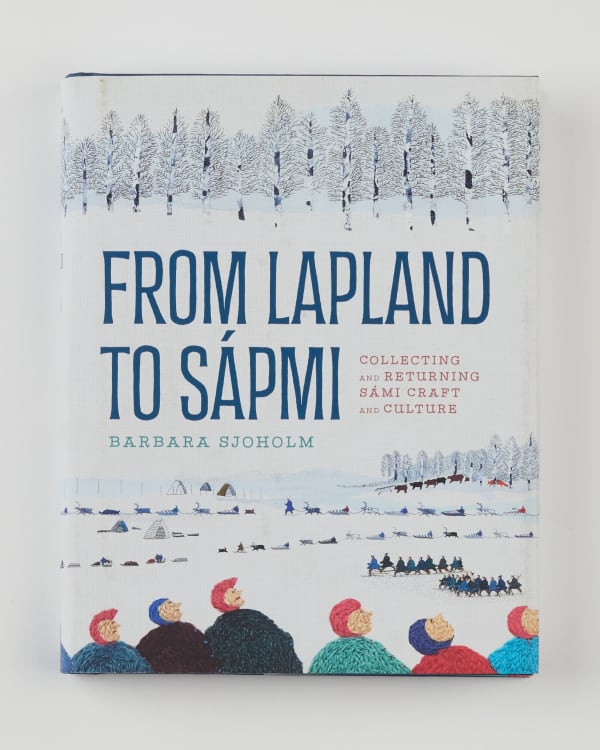
From Lapland to Sápmi
Collecting and Returning Sámi craft and culture Barbara Sjoholm, 2023 Read more -
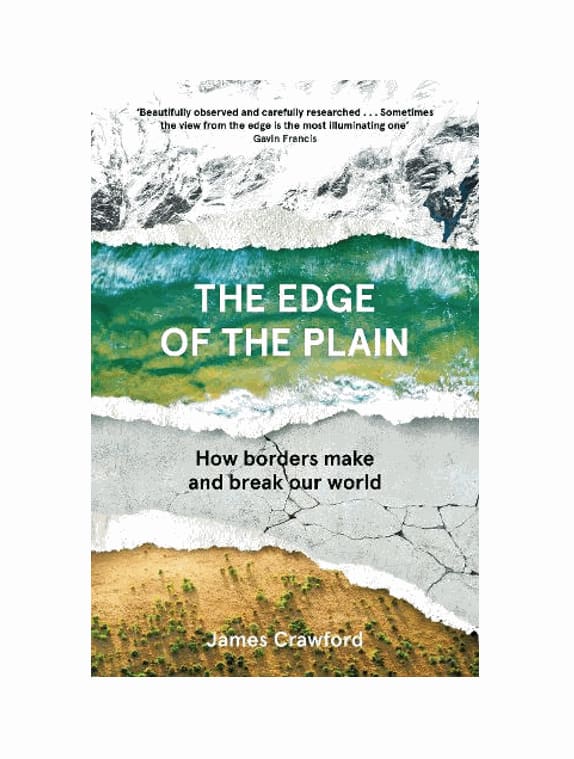
The Edge of the Plain: How borders make and break our world
Featuring Anders Sunna James Crawford, 2022 Read more -
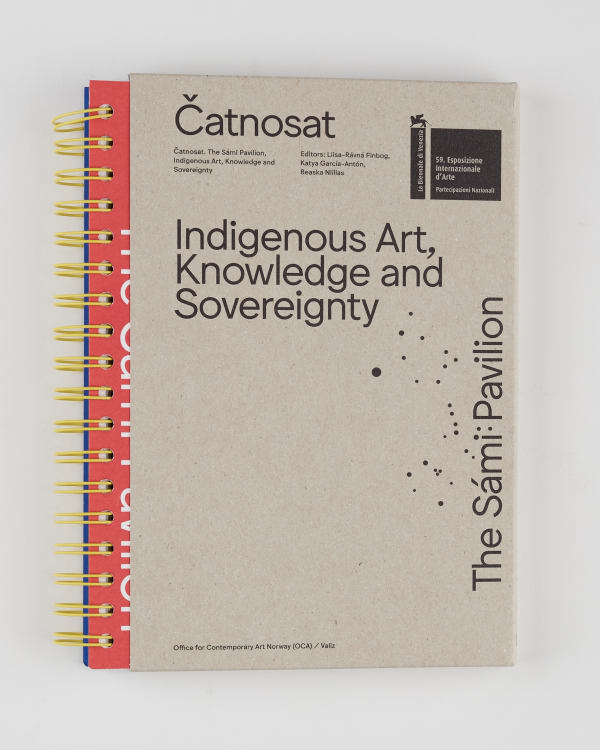
Čatnosat
The Sámi Pavilion, Indigenous Art, Knowledge and Sovereignty. 2022 Read more -
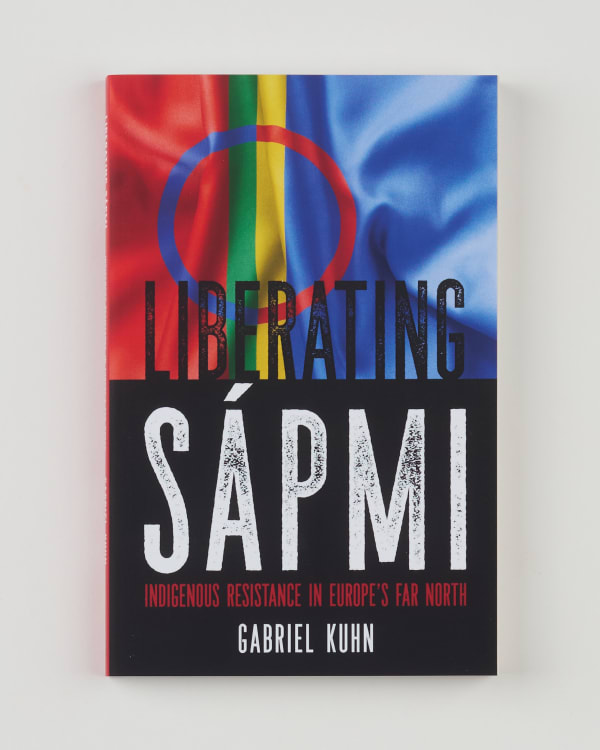
Liberating Sápmi
Indigenous Resistance in Europe's Far North Gabriel Kuhn, 2020PaperbackRead more
Publisher: PM Press
ISBN: 9781629637129
Dimensions: 21.6x14x1.5cm
-

Anders Sunna Tate Acquisition
Three works acquired by Tate September 3, 2025We are delighted to announce that three works by Anders Sunna have been acquired by Tate. Sunna is a member of the Indigenous Sámi peoples...Read more -

Die Tageszeitung
Sami painter Anders Sunna: From grotesque to grotesque April 28, 2025Artist Anders Sunna sparked a debate in Sweden about identity politics and economic interests, which even calls into question artistic freedom. Dark figures silhouetted against...Read more -

Impulse Magazine
Xuezhu Jenny Wang interviews Anders Sunna April 2, 2025Sámi artist Anders Sunna experienced art for the first time through his grandfather and one of his uncles. As early as six years old, he...Read more -

Anders Sunna: Meän Meän Sápmelaš
Solo exhibition at Kulturenhus Luleå, Sweden February 21, 2025Sámi artist Anders Sunna powerfully reflects on his deeply personal history, marked by the complex struggle for Sámi rights. Born into a reindeer herding family...Read more
-

KOL SOCIAL Magazine
Anders Sunna interviewed in Volume 17 October 31, 2024Anders' visual language resists easy categorisation, drawing from multiple traditions, including graffiti, political posters, and Indigenous Sámi art. His approach is raw, fragmented, and unpolished,...Read more -

FAD Magazine
Anders Sunna: The Drumbeat of Noaidi one of the top 6 exhibitions to see in London in late October October 25, 2024Anders Sunna: The Drumbeat of Noaidi @ Larkin Durey This a great show by Sami artist Anders Sunna, who was part of the Sami pavilion...Read more -

Mousse Magazine
Anders Sunna: The Drumbeat of Noaidi at Larkin Durey, London October 23, 2024“The Drumbeat of Noaidi” is Anders Sunna’s first solo show in the UK. “When you grow up with a conflict and are in the middle...Read more -

Anders Sunna: We Don't Scream in the Forest
NITJA Centre for Contemporary Art, Norway February 13, 2024Anders Sunna (b. 1985) is an artist from a forest reindeer herding family in Kieksiäisvaara, Sápmi (Norrbotten, Sweden). In his practice, Sunna explores different formats...Read more



